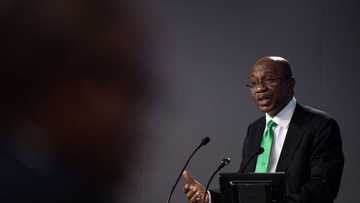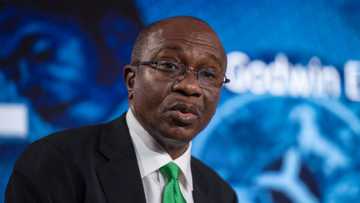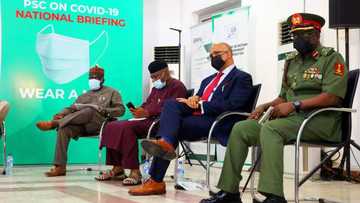CBN Cashless Policy: Nigeria's Challenges and Gradual Transition By Odewale Abayomi
By Odewale Abayomi
PAY ATTENTION: Click “See First” under the “Following” tab to see Legit.ng News on your Facebook News Feed!
After the naira redesign and in a purported bid to boost cashless policy, regulate the amount of cash outside the banking system and clamp down on money laundering, vices and vote buying, the CBN led by Governor Godwin Emefiele directed that over-the-counter cash withdrawals by individuals and corporate entities do not exceed N100, 000 and N500,000, respectively, per week – taking off January 9, 2023.
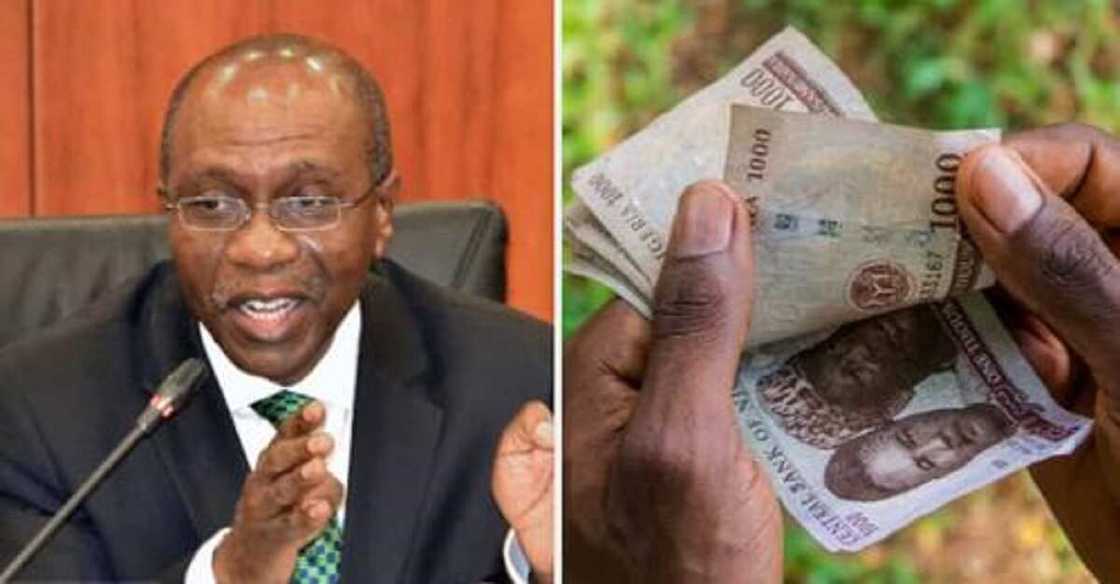
Source: Twitter
As a proponent of cashless policy, I applaud the motives behind this laudable policy but, with Nigeria's current realities and peculiar conditions, serious danger looms if the policy is imposed by a fire-brigade approach. The government and CBN are supposed to take cognizance of the current realities and address them while transitioning gradually to a cashless economy. What are Nigeria's current realities?
An effective cashless economy is majorly driven by network coverage, stable internet, adequate electricity and financial inclusion. Since the cashless policy began in 2012, what techniques and policies have been rolled out to improve these key drivers 10 years after?
In 2018, the CBN lamented how Nigeria couldn't meet any of the financial inclusion targets contained in the 2012 Financial Inclusion Strategy and in 2019, this prompted Governor Emefiele to set a new financial inclusion target of 95% of Nigeria’s adult population by 2024.
PAY ATTENTION: Share your outstanding story with our editors! Please reach us through info@corp.legit.ng!
Currently, 56 million Nigerians have BVNs while about 64 million do not have an account with a financial institution. At a time Governor Emefiele never met the 2024 financial inclusion target, one wonders why the haste to impose a stringent cashless policy in 2023.
As of 2021, 99.89 million Nigerians live in rural areas while the Nigerian Communications Commission (NCC) says Nigeria's current broadband coverage (Nigerians using the internet) as at June 2022 stands at 44.30% with about 84 million internet subscriptions in the country out of about 190 million population. Nigeria’s average fixed broadband internet speed is so slow and ranked 151st. A country that has low internet coverage and slow internet connection is about to implement a cashless policy. Isn't that an irony?
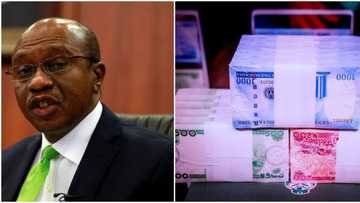
Read also
Why Arewa youth is supporting CBN cashless policy, Withdrawal limits, Yerima Shettima reveals
My youth service was in the interior rural area of Ovia South-West, Edo State with the erratic network coverage. As the INEC Adhoc Presiding Officer during the governorship election, my mouth was left ajar when I was drafted to a far-flung electoral ward that was absolutely out of network coverage. Needless to say that most rural dwellers without network coverage will be disenfranchised. Amidst the stringent cash constriction, they will find it difficult to execute e-transactions.
Even in the cities, there are cases of people with funds in their accounts losing opportunities, getting stuck, inconvenienced and embarrassed – at a time their funds are most needed during the periodic episodes of banks' downtimes. Failed electronic payment transactions either due to bad network, issuer inoperative, unreliable and inconsistent USSD transactions and waiting endlessly to confirm payments via SMS are critical lapses that needed urgent attention for now.
In a country that strives to generate an epileptic 5,000 megawatts for a population of 190 million, one wonders how citizens will power their gadgets in executing large volumes of cashless transactions that rely heavily on constant power supply.
Imagine your phone dies in the middle of an important transaction. Nigerians need an adequate supply of power in order to effectively key into the cashless economy. Apparently, Nigeria doesn't have infrastructures that will effectively drive the laudable policy yet. These are some of the Nigerian realities which CBN governor didn't factor into consideration.
For Sweden, the poster child of a cashless economy and a developed country, which began a cashless journey in the 1960s – it wasn't a smooth ride. They are expected to become the first cashless society by March 2023. It took them decades of gradual transition. It didn't occur overnight. The elderly still use cash while the proportion of purchases in shops using cash stood at 13% in 2018. How much more Nigeria, a developing country, impatiently and suddenly constricted cash flows barely 10 years after its cashless policy began?
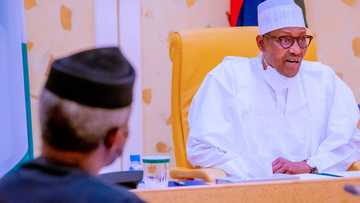
Read also
Cash withdrawal limit, new naira notes and top economic decisions by FG in 2022, implications
The latest withdrawal limits are unrealistic. That is why the 2012 cashless withdrawal limits of N150,000 (for individual account holders) and N1,000,000 (for corporate account holders) were implemented; the imposed limits were as a result of CBN's research which showed that 90% of withdrawals by bank customers’ are below N150,000.
The policy ought to be implemented in phases before the final transition within a realistic timeline. The CBN should focus on laying the groundwork, and expanding digital transaction infrastructures while involving fintech in exploring other innovative payment structures before reducing the cash in circulation. Strengthened collaboration with telecommunications companies and the Ministry of Communications and Digital Economy would boost internet coverage and spur the expansion of network coverage nationwide.
Fire-brigade approach of policy implementation is bound to boomerang. Switching to a cashless economy ought to be organic and voluntary while addressing our challenges simultaneously. Incentives and transaction charges waivers will draw more people to e-transactions. These strategies will bolster seamless, inclusive and gradual transition to a cashless economy with ease.
*******
ODEWALE Abayomi, a Civil (Environmental) Engineer and 2020/21 African Liberty Writing Fellow writes on policy, human rights, and climate change. He tweets @ODEWALEAbayomi
Source: Legit.ng

